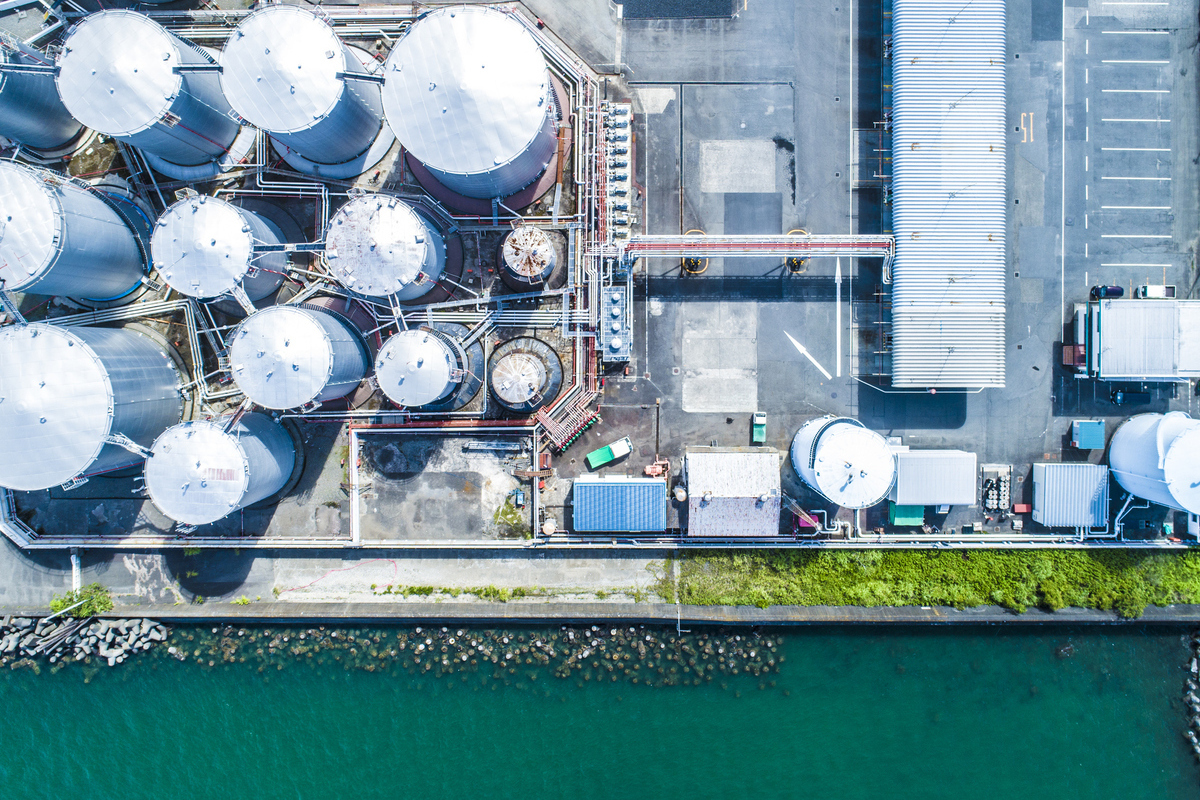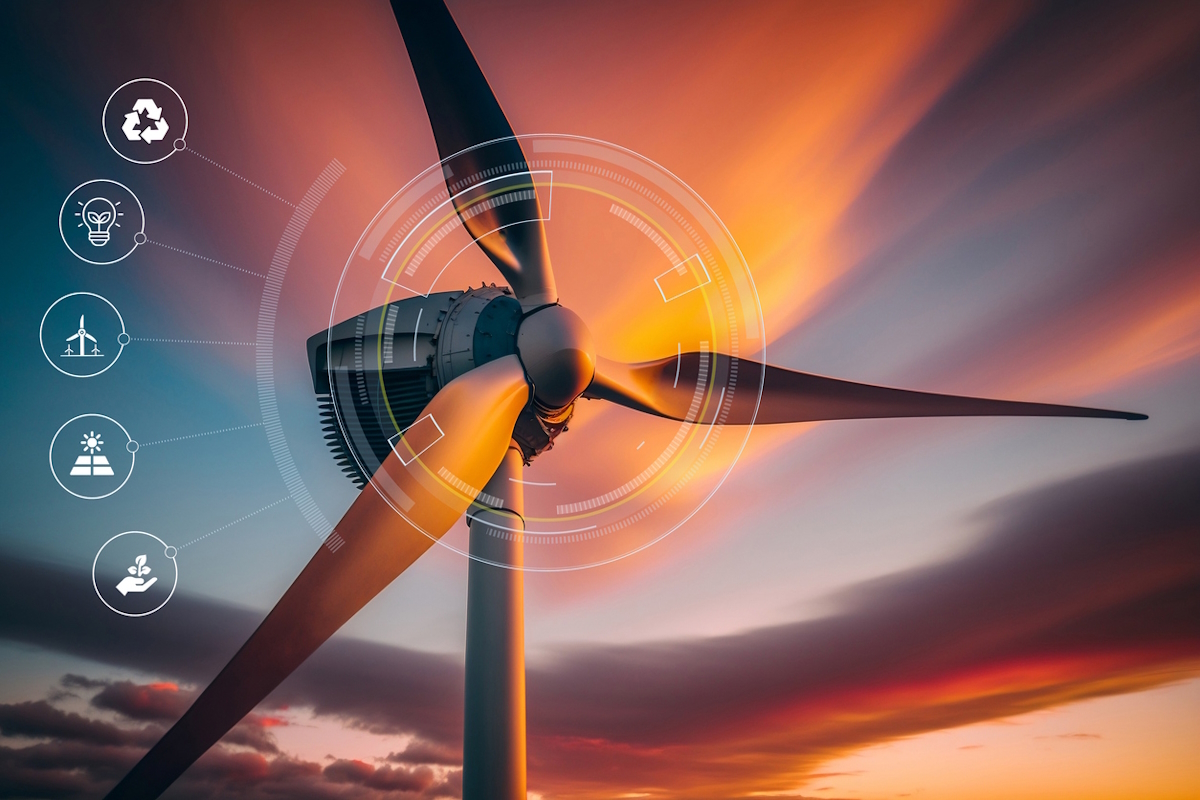Kickstarting a sustainable hydrogen economy
Sponsored by ABBHydrogen cannot fuel the zero-carbon future until its own production is decarbonised

The possibilities of hydrogen as a zero-carbon fuel have captured the imagination of the world.
However, we must acknowledge that, currently, the bulk of hydrogen produced worldwide relies on the unsustainable use of fossil fuels. As a result, hydrogen production is responsible for 830 megatonnes (Mt) of CO2 emissions annually. To put this into perspective, if today’s hydrogen industry was a country it would be the world’s sixth-largest emitter.
Historically, hydrogen has been produced for use in applications such as oil and chemical manufacturing. The challenge, as the hydrogen economy and its supporting infrastructure begins to grow, is to produce zero-carbon hydrogen in a way that is cost-effective, scalable, and reliable. This is where new technology can play a key role at every stage of production, transport, storage and end-use.
Making green hydrogen
Today, the most common way to produce hydrogen is the steam methane reforming (SMR) of fossil fuels. Unfortunately, this involves significant carbon emissions. In fact, using SMR releases slightly more CO2 than the production of gasoline.
But there is a zero-carbon alternative. Hydrogen’s future lies in water electrolysis, powered by a zero-carbon energy source such as a solar farm, to produce “green hydrogen”. However, electrolysis costs around twice as much as SMR, according to data from the International Energy Agency (IEA). We need to bring this cost down. That means scaling electrolysers up toward multi-megawatt installations. It also means locating sites with access to carbon-free power.
There is potential to improve the efficiency of electrolysis through the careful design and management of the electrical system. This not only lowers costs, but also increases process safety and reliability.
To show what is possible, ABB has worked with one early adopter in the US to provide a complete electrical scheme for a pair of new hydrogen electrolysis plants in New York and Georgia. ABB’s motors and drives will also play a key role in compressing the gas for transportation. The plants are set to jointly produce 60 tons of green hydrogen daily to replace some 170 tons of fossil fuel emissions in the logistics and transportation sectors.
Designing hydrogen infrastructure
Kickstarting the hydrogen economy isn’t just about creating plants from scratch. Accommodating hydrogen at scale will also require the cost-effective location and construction of new industrial installations such as tank farms. Integrating hydrogen into existing pipeline infrastructure makes financial sense, as it will likely carry the bulk of hydrogen in the early stages of expansion.
Storing hydrogen also requires specialised technology and deep expertise since safety is paramount, with gases stored at high pressure. For example, ABB is delivering automation, electrification and instrumentation solutions for a pilot project in Australia which could provide a blueprint for commercial transportation of the fuel. After producing hydrogen through the gasification of brown coal, it will be liquefied and shipped to Japan in the world’s first specialised H2 carrier ship.
Another key part of the hydrogen economy is end-use. Improving efficiencies and reducing costs will stimulate investment here, too – and fuel cells are a case in point. Current costs are around $250/kW, with the potential for state-of-the-art technologies to lower the cost to $180/kW. Fuel cell design must advance to bring costs down further, although significant cost savings are possible through economies of scale. Similar economies of scale are achievable in hydrogen refuelling stations for fuel cell electric vehicles.
The hydrogen future is getting closer
Much of the technology and the infrastructure required for hydrogen already exists today. To kickstart the hydrogen economy, we must further build upon these proven foundations to ensure that every link in the value chain – from production to distribution, storage and use – is sustainable, decarbonised, and economically viable.
Learn more about how ABB is driving progress for a sustainable tomorrow here.
By Chris Poynter, President, ABB System Drives

Business Reporter Team
Most Viewed
Winston House, 3rd Floor, Units 306-309, 2-4 Dollis Park, London, N3 1HF
23-29 Hendon Lane, London, N3 1RT
020 8349 4363
© 2025, Lyonsdown Limited. Business Reporter® is a registered trademark of Lyonsdown Ltd. VAT registration number: 830519543





